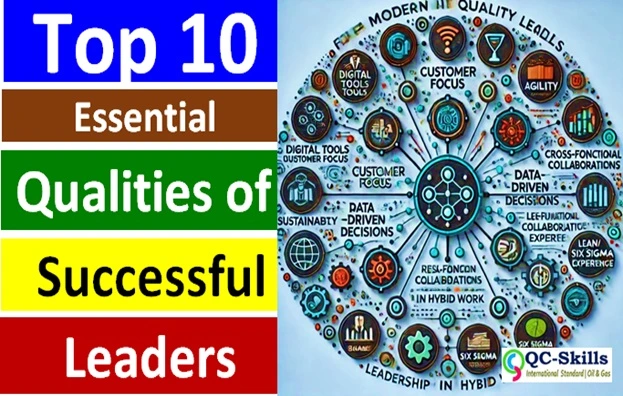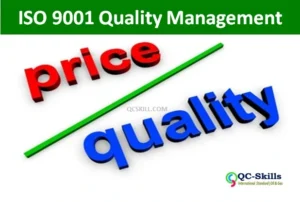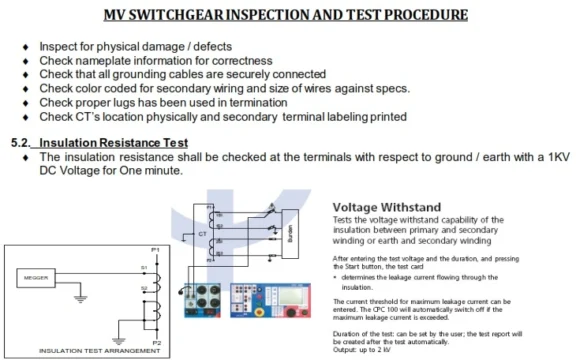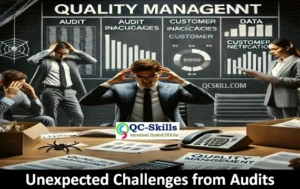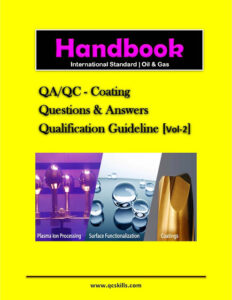In today’s market, quality leaders need to meet specific requirements to keep pace with evolving expectations and challenges. Here’s a look at the top requirements:
- Knowledge of Quality 4.0: Familiarity with digital transformation in quality management, such as automation, artificial intelligence, and data analytics, to streamline processes and improve decision-making.
- Agility and Adaptability: Ability to rapidly adjust quality strategies in response to market changes, customer needs, and regulatory updates, maintaining competitiveness and compliance.
- Customer-First Approach: Deep understanding of customer experience and expectations, ensuring that quality processes are directly aligned with delivering enhanced customer value and satisfaction.
- Data-Driven Mindset: Strong analytical skills to gather, interpret, and act on data. Ability to use metrics and real-time data to monitor quality performance, predict trends, and make evidence-based decisions.
- Risk Management Skills: Capability to identify, assess, and mitigate quality-related risks, ensuring stability and reliability across the supply chain and within operations.
- Focus on Sustainability and ESG: Commitment to environmentally sustainable practices and meeting Environmental, Social, and Governance (ESG) criteria, as these are increasingly prioritized by stakeholders and customers.
- Cross-Functional Collaboration: Skills to collaborate effectively across departments, including engineering, production, supply chain, and R&D, ensuring that quality objectives are integrated into all functions.
- Regulatory Knowledge and Compliance: Understanding of the latest regulations and standards relevant to the industry (e.g., ISO, FDA, GMP), with the ability to implement compliance strategies that reduce audit risks.
- Proficiency in Lean and Six Sigma: Knowledge of continuous improvement methodologies to drive efficiency, reduce waste, and achieve higher levels of quality.
- Strong Leadership in Remote/Hybrid Work Environments: Ability to manage quality teams effectively in remote or hybrid setups, using digital tools for quality assurance and ensuring accountability across various work models.
These requirements equip quality leaders to thrive in today’s dynamic and complex business environment, balancing innovation, efficiency, and compliance.

